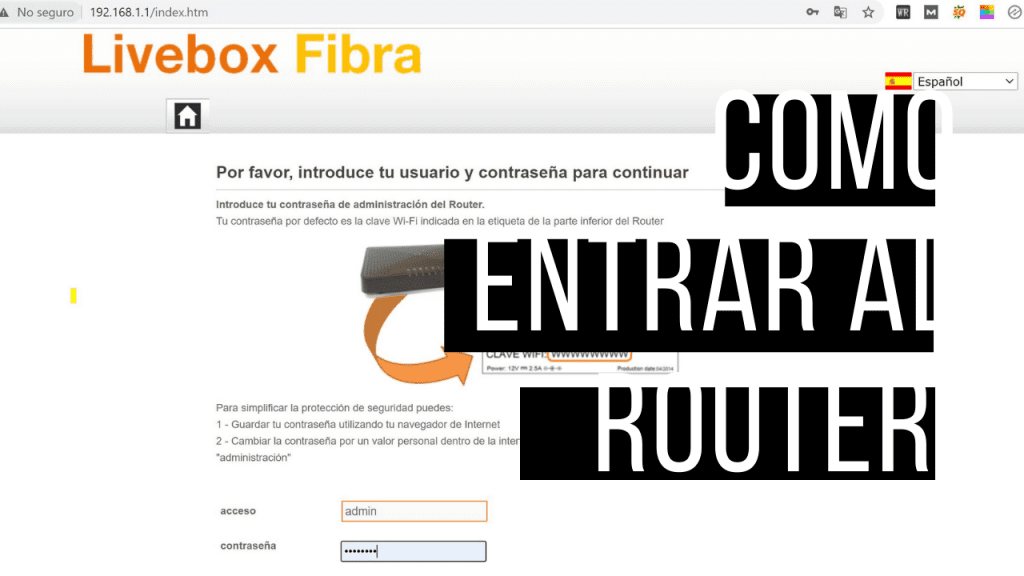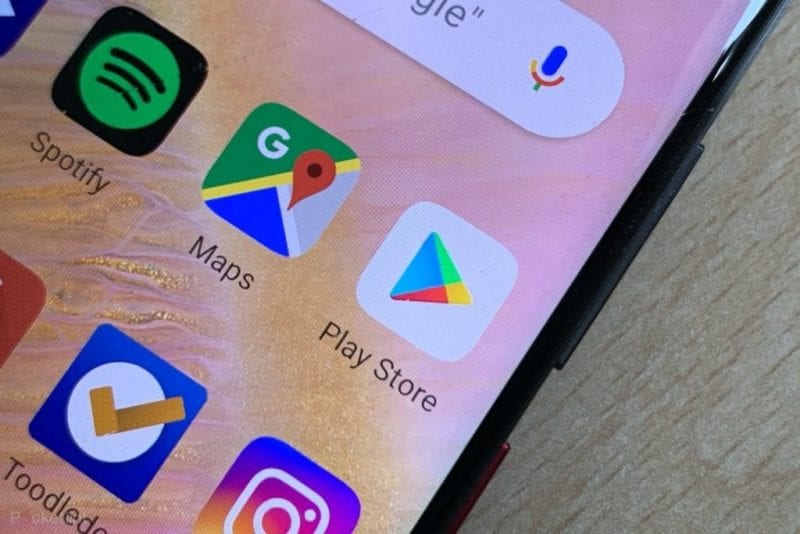Air shipments are the most efficient if you need your cargo or documents to arrive quickly and securely. mobile They have become very advanced lately and are starting to become an important part for multiple companies. This can range from: transportation, retail, healthcare, marketing, manufacturing, education and many more sectors. Therefore, it is not surprising that various industries are becoming increasingly dependent on this ever-evolving innovation.
Therefore, most leaders in certain industries prefer mobile applications. The objective of develop a mobile application for small businesses is to be able to increase reach and, at the same time, allow for greater user interaction. The most effective and easiest way to reach your company's audience is through mobile applications. Smartphones play an important role in attracting customers and contacting them.
Of course, there are a number of points that you, as an app developer, should pay attention to when developing a small business app. In this article we will explain some of them.
Article Content
Tips and tricks for developing an app for a small business
Platform choice
The basic thinking behind developing a aplicación móvil is to reach a broader audience. The mobile app platform you choose plays an important role here. Before making a decision, you should pay attention to a series of factors. Look at: demographics, age group, purchasing power of users, type of business you have and much more.

An essential choice you need to make is determining how many platforms you want to launch the app on. Of course, it's always best to start with a single platform first and from there you can easily expand to other platforms. When determining the best platform for your small business mobile app, you should consider: the features of the app, the brand of the app, the audience and your pricing strategy.
Once you have figured this out, you need to choose a development methodology for the enterprise application. Are you choosing Native, Hybrid or Web? Native apps have many benefits, but the costs are significantly higher.
Hybrid native apps
Native apps are mobile applications developed for a particular mobile operating system. In the case of iOS, Swift is used as the programming language, and in Android, Java is used. Given the native apps are developed for a certain platform, they can use all the features that this platform has to offer. This is possible because these native applications have the ability to use the platform-specific software and hardware and mobile devices. Think features like: fingerprint, GPS, camera and one-touch payments.

Hybrid apps, on the other hand, are actually a combination of native and web apps. It is a particular application in which the same application is developed for different operating systems such as iOS and Android. These apps even work in different browsers. Basically, these applications work on the principle of “Write once, then run everywhere.” Hybrid apps are basically apps for different platforms without having different versions.
BACKEND
Choosing the backend is again a choice that must be made before developing your mobile app for a small business. Most mobile apps use APIs for this. Keep in mind that not every app you develop needs a custom backend. Many applications can easily connect to mobile phones through APIs.
You can easily manage these mobile apps with a local database. These apps don't even require backend support. From the developer's perspective, you need to determine what the requirements are for the backend. Keep in mind what it costs and how long it takes to set up a backend to make the right decision.
Mobile App UI/UX Design
If you omit this aspect of the Mobile application development, your application is destined to fail. UI/UX plays an important role in the world of mobile applications. In fact, it's so important that it's a factor that determines the future of your app. You must understand the difference between UI and UX here. UI is basically the design of the interface and UX is the user experience. If you have a good UI for your app with bad UX, then the app is doomed to fail.
User experience plays a crucial element when it comes to the digital landscape. An application defines how a user thinks and feels about a particular service from a company. The key is to develop something that has value, is easy to use and is effective for your target audience. Above all, make sure that the application does not become complicated and confusing.
A well-thought-out app provides a seamless user experience, leading to significant benefits. The functionality and content displayed must match the audience. As a result, the final product will provide a much better user experience and service for the user.
Mobile App Target Audience
Identifying the end users of your application is very important. During the development of the application, this target group must be continually taken into account. Take a good look at the following factors. The country, purchasing power of the user, occupation, interests, age group and sex. These are factors you should consider when developing your application.
For example, if you are developing a retail app, you should display more visual elements than written content. This ensures that your audience feels more connected to the app. If you meet the expectations of the users, your app will definitely become popular and generate more revenue.
Conclusion
There are billions of smartphone users and this number continues to grow. Many people already spend a significant amount of time on mobile apps and a large proportion use them to buy things, book tickets and make payments. Regardless of the industry, mobile apps are starting to become an essential tool for small business growth.
The odds are quite high and the market potential is huge. If you are ready to develop a mobile app for a small business, pay special attention to these points to make your app a big success.

Expert in SEO/SEM and communication on social networks.
CEO at tecnologia.net and passionate about everything related to technological progress






